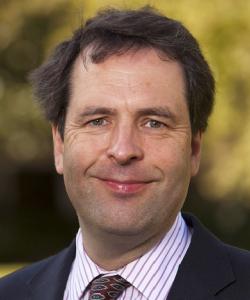Few Christians deny that we have an obligation to care for creation. Politicians like to persuade us that we can have a free lunch and that government intervention, central planning, industrial strategy and the subsidisation of green technologies will provide "green growth" at no cost. Economists know that this is not true. If we are to do more to promote better environmental outcomes, there will be a cost. This lecture will present the trade-offs and explain what economic policies should be used to promote better environmental outcomes whilst not killing the economy.
Recommended Readings
Philip Booth, "The Environment, Catholic Social Teaching and Public Policy." Book chapter in Catholic Social Thought, The Market and Public Policy, edited by Philip Booth and Andre Alves, available at: Unit 4: The environment, Catholic social teaching and public policy - Catholic Social Thought
Chris Snowdon, Tree for Burning: The Biomass Controversy. Discussion Paper from the Institute of Economic Affairs, available at: Trees-for-Burning-The-biomass-controversy-Christopher-Snowdon-1.pdf (iea.org.uk)
Hannah Ritchie and Pablo Rosado, "Natural Disasters." Article from Our World in Data, available at Natural Disasters - Our World in Data
E. Calvin Beisner, Michael Cromartie, Dr. Thomas Sieger Derr, Diane Knippers, Dr. P.J. Hill, Dr. Timothy Terrell, "A Biblical Perspective on Environmental Stewardship." Article from the Acton Institute, available at: A Biblical Perspective on Environmental Stewardship | Acton Institute
